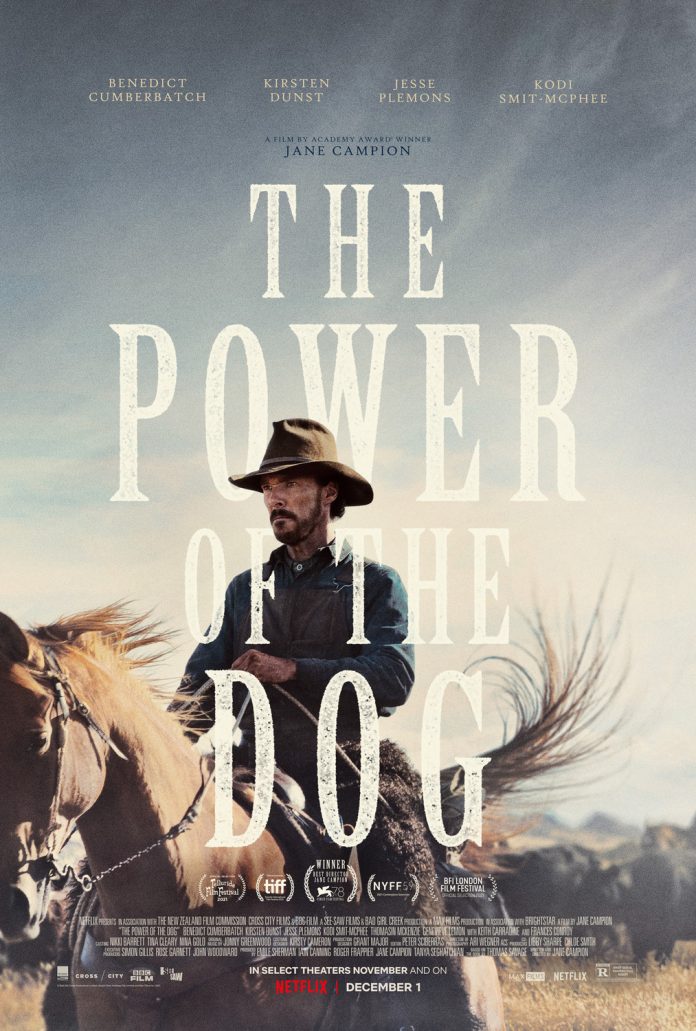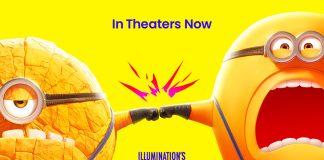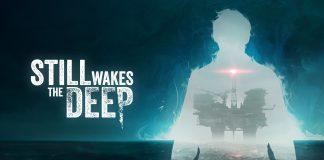While it might seem like we have seen all we can see from the once-mighty western genre, something like The Power of the Dog comes along to prove there is still gold to be mined.
How does a modern western stand out? Does it speak to contemporary issues in the geise of old-fashioned circumstances (The News of the World)? Does it exude an acting tour-de-force from a cast of fan-favorite actors (The Sisters Brothers)? Or does it frame the picture with a new and unique perspective (The Harder They Fall)? In the case of The Power of the Dog, it is a combination of all three.
The Power of the Dog
Directed By: Jane Campion
Written By: Jane Campion
Starring: Benedict Cumberbatch, Kristen Dunst, Jesse Plemons, Kodi Smit-McPhee
Release Date: November 17, 2021
The Power of the Dog is the latest film from Academy Award nominated director Jane Campion, her first since 2009. It’s a western in the traditional sense – set in Montana in the mid 1920’s – but it’s motivation and perspective are modern. Instead of gunfights and wagon trains, it details the struggles of everyday life in rural America. Despite the crude technology and isolated towns, the characters it depicts have struggles that we can relate to. In fact, the issues they deal with are as relevant today as they were 100 years ago.
The film focuses on two brothers who own a cattle ranch in remote Montana. They are well-off and work hard, but their relationship is strictly business related. Phil is the lead cowhand, and embodies the machismo cowboy in every sense of the word. George is the sharply-dressed bookkeeper who doesn’t seem to fit in. One day on a cattle run they meet a widow named Rose and her effeminate son, Peter. To the chagrin of Phil, George, a widower himself, falls in love and eventually marries Rose. When Rose moves into the ranch house, Phil goes out of his way to antagonize, pushing Rose to her brink. But unexpectedly he begins to form a relationship with Peter.
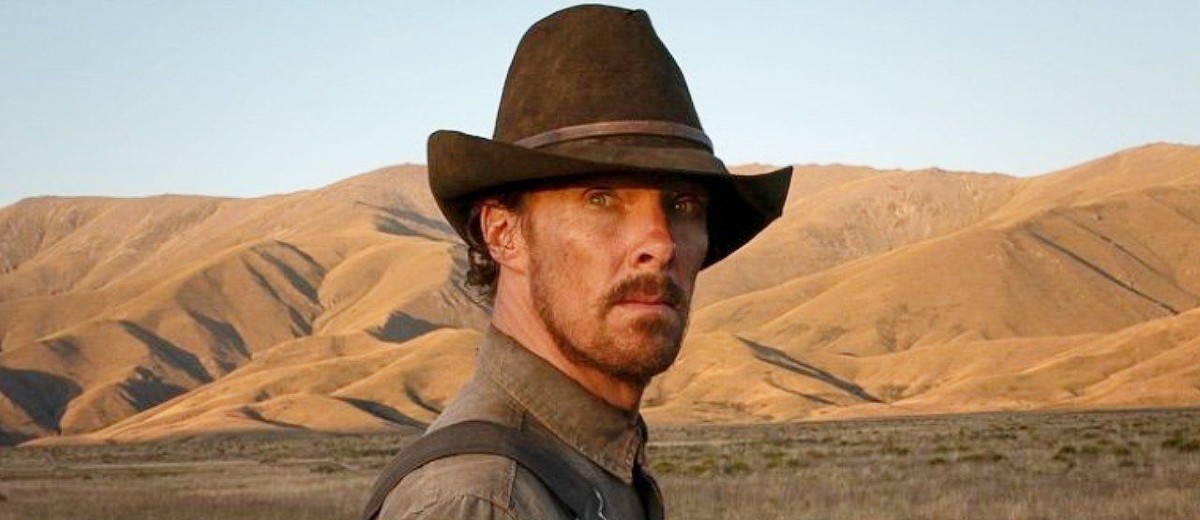
Much of what makes The Power of the Dog so compelling is the complexity of its characters. Traditionally films have a trio of main characters to bounce the conflict off of, but this one has 4, and they are almost all on equal footing as far as their narrative pull. Each character comes to have a reason to both distrust and trust the others, and we’re never really sure how anything is going to play out until the very end of the film. This uncertainty over the dynamics between the characters gives the film an intriguing pull.
Phil is easily the character that dominates the most. He is stubborn and set in his ways. But beyond just a stereotypical cowboy fighting back against the modernity that threatens his domain, there’s a sense of wasted potential. We get these flashes of what he could have achieved – he’s an excellent musician, he was brilliant in school. But he’s also obsessed with a figure in his past, and can’t quite get over him.
Part of this has to do with Phil’s questioning of himself. The film is very subtle in its illusions, but Phil continuously questions his own sexuality. His treatment of Rose, including the things he accuses her of, can be traced back to his uncertainty towards women. He hides himself in his work, rather than confronting the truth about himself. He’s closed off from everyone, and covers it up with a latent aggression towards anything that reminds him of his own insecurities.
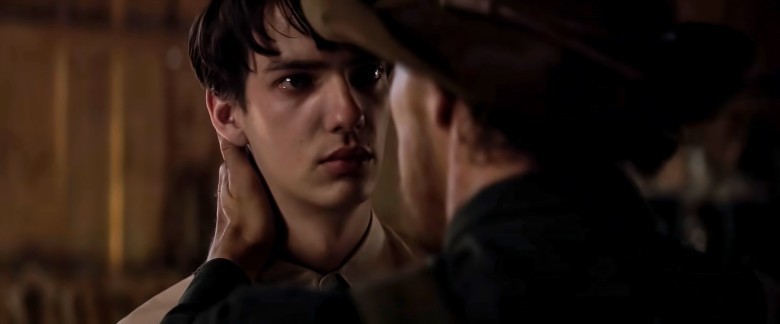
Despite being brothers, George has a terrible relationship with Phil. They barely speak, and when they do it is mostly Phil making fun of George. He addresses him as “fatso” and constantly belittles him. He is placed in a difficult predicament when Phil’s constant harassment takes its toll on Rose’s health. George is absolutely helpless, unable to reprimand his brother to any degree, even when it’s something as innocuous as asking him to take a bath before meeting the governor.
Rose is similarly powerless. Her fear of Phil ruins her life, especially for thought of what he might do to Peter. But she and George are in this situation together, and the film has a lot to say about these two lost souls coming together to simply be together. To them life is a struggle, but just having someone else to struggle alongside could be enough. Phil doesn’t have the same luxury. He and his confusing thoughts are alone, and that is ultimately what makes him so dangerous.
For a film with very sparse dialogue, it is surprising how effectively it makes a point about the importance of communication. Phil struggles because he can’t entrust to anyone else. He’s an outsider, but intelligent enough to find a way to belong without really belonging. His idol is alluded to as someone just like him, with the same problems and frustrations. Peter is different from the others, not because he actually talks back, but because he is curious of the world around him, not frightened of it. Despite being heckled for his appearance and shunned for his interests, he isn’t scared or confused.
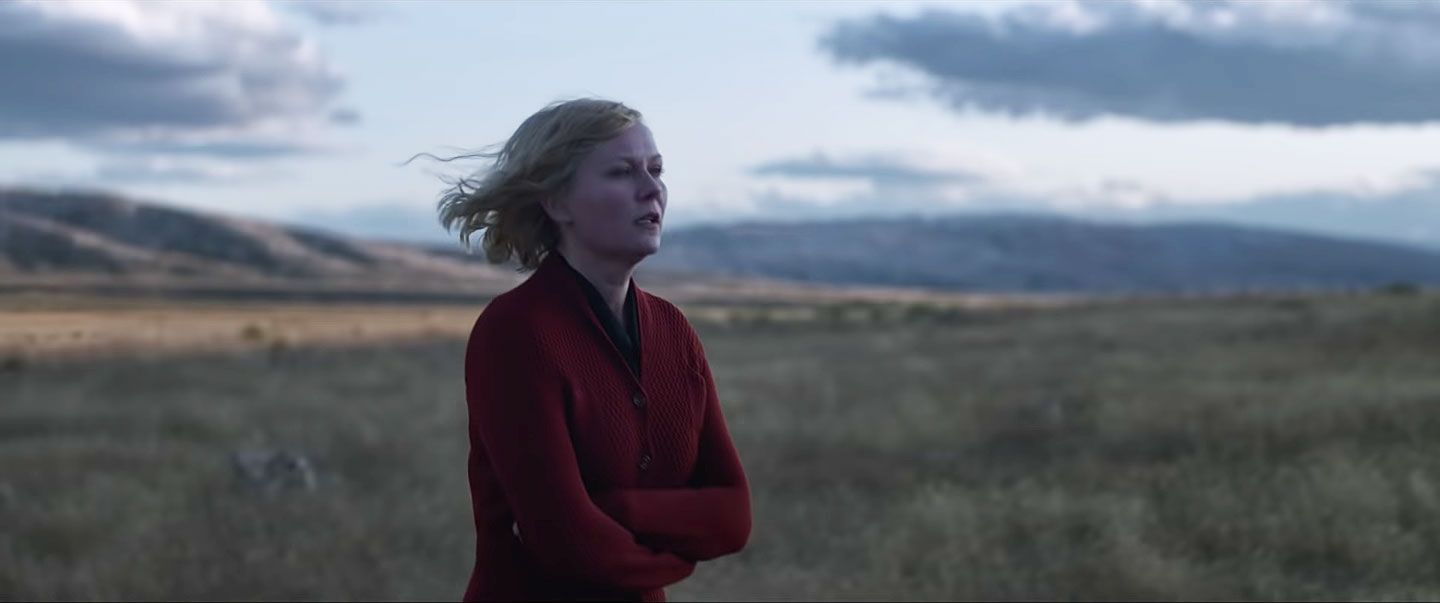
Director Jane Campion does a tremendous job bringing new life into the western. Certainly the film is very beautiful. The cinematography of rolling hills and amber fields is full of life and detail, with auburn tones and open windswept frontiers hinting at the romance of life on the prairie. But more than just a visual impact, Campion makes her mark through the films’ insightful perspectives. This is a look at male relationships from a female eye. The western works as a perfect sandbox for exploration in this regard. It shows us a vulnerability and helplessness we don’t often see.
The film has its share of twists and turns (some work better than others), and despite the novelty of the characters’ relationship dynamics, they can feel clunky at times. The films’ plot doesn’t really bother to provide much information on the characters’ backgrounds. I would say it isn’t really necessary because the film is more interested in how they interact than why (The book on which the film was based does go into more detail about the character’s back stories, but again I am not sure if that would have done anything for the film).
But what I appreciated most about The Power of the Dog, is how it sets itself up against expectations. The plot and initial themes may seem redundant, but that’s the point. The western HAS been done ad nauseum, but it never really peeked behind the curtains like this one does. Campion tears away the excess to reveal the western at its core – all of its beauty and fragility on full display. It shows us that even in those simple “good ‘ol days” things weren’t so simple…or good.

